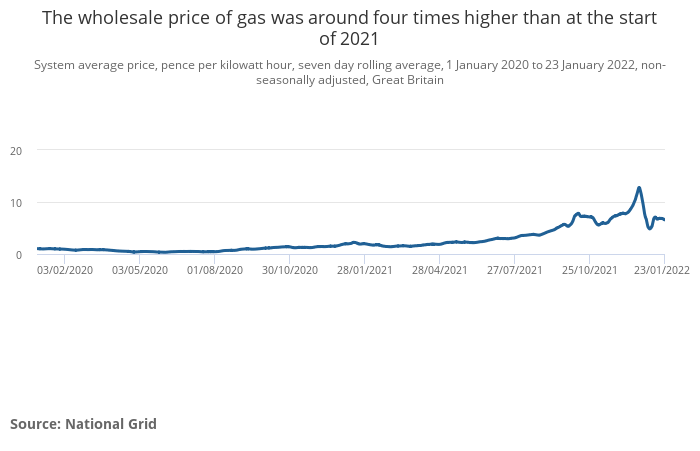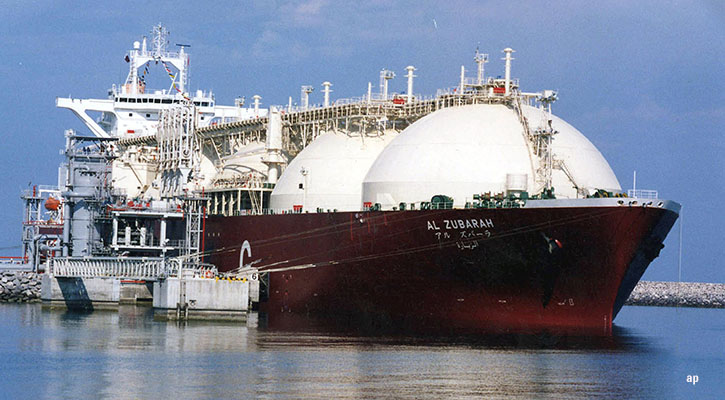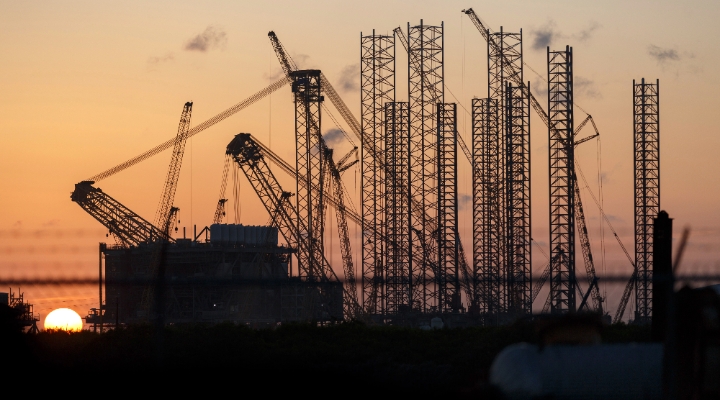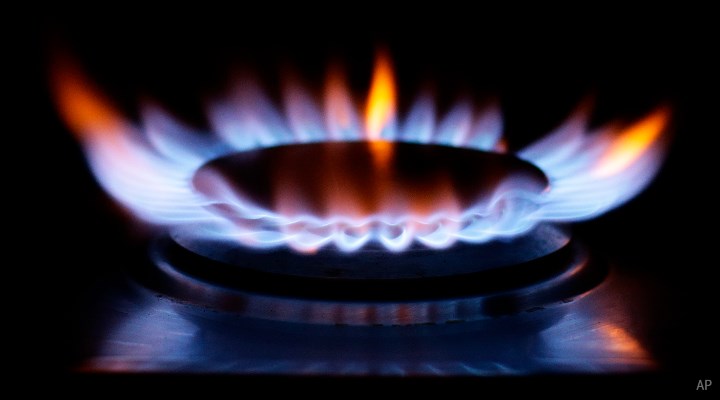
Britons are bracing for another rise in their energy bills from this April. Regulator Ofgem has said it is raising its annual energy price cap from £1,277 to £1,971, an increase of more than 50%. The move is expected to affect 22 million households.
The price cap has been in place since 2018, and aims to stop customers on standard variable tariffs paying more for their gas and electricity than they need to. Today's announcement had been expected, though some experts had predicted it would be raised to £3,000 a year.
To reduce the impact, the government has announced three measures. A £200 discount on bills will be available, though it must be paid back over five years. A £150 council tax rebate will also be introduced, covering people in bands A to D, and homes in higher bands will be able to access a £150 million discretionary fund.
Shares in British Gas owner Centrica (CNA) rose 1% on the price cap news to 77p, and are up nearly 50% since this time last year. British Gas is still the dominant provider of residential gas and electricity in the UK, with a market share of around 27% and 20% respectively for each. Shares in rival providers SSE (SSE), EON (EOAN) and Electricite de France (EDF) were marginally higher on the day.
Morningstar analyst Tancrede Fulop argues that, while the energy price cap was intended as a temporary measure, it is now here to stay. Government and regulatory intervention in the UK energy market is a form "re-regulation", after the wave of liberalisation that started in the 1990s, he says.
Bills, Bills, Bills
The Office for National Statistics (ONS) recently surveyed UK households and nearly 80% of people said their gas and electricity bills had increased. This is very recent data and not surprising given the rise in energy prices.
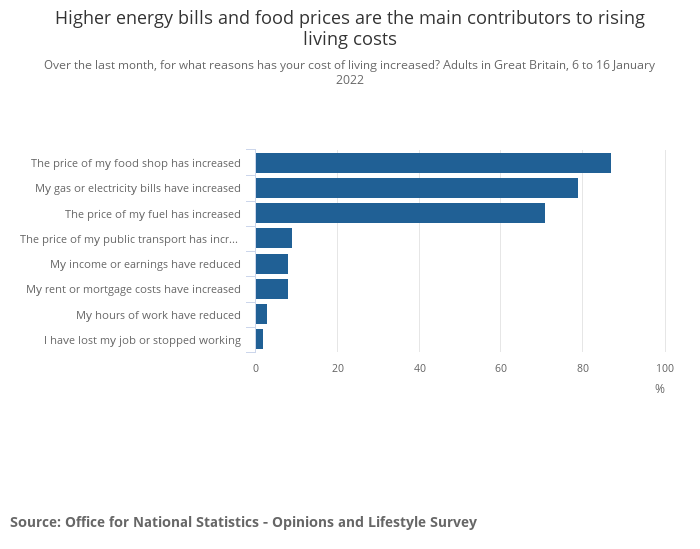
The ONS’s last full year of data also revealed that spending on gas and electricity is highest in the poorest households. Those on the lowest incomes paid more than 7% of their disposableincome on energy bills in 2020, compared with just over 2% for those in highest 10% of earners, the ONS said.
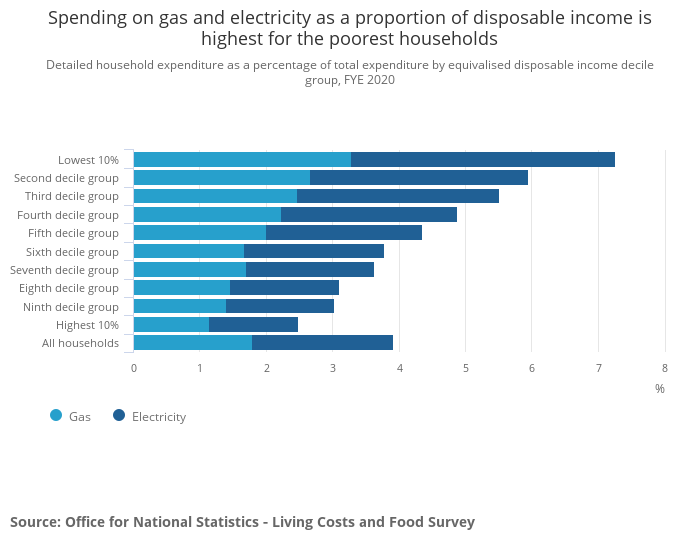
There are multiple factors affecting energy prices and many are outside the UK government’s control. On the supply side, Russia, which could be on the brink of invading Ukraine, provides a big chunk of Europe’s natural gas. (About 35-%-40% at current estimates). A new pipeline between Russia and Germany, NordStream 2, which could ease the supply crunch, hangs in the balance. On the demand side, many UK workers are at home as flexible working continues. In many cases the heating is on for longer, and more electricity is consumed by laptops and other devices.
Gas Takes the Strain
Other issues are more particular to the UK energy market. Coal-fired power has been largely phased out in the UK amid a push for renewables, but wind and solar power is not enough on its own. Natural gas has had to take the strain. It provides a third of the UK’s electricity generation, but new plants have been hard to come by – and the fuel, while greener than coal, attracts the ire of environmental groups. The UK imports around half of its gas from international sources, from countries like Russia, while most homes are heated by mains gas supply.
Beefing up Britain's gas infrastructure does not look likely either, and certainly not on the timescale needed to solve the country's immediate energy crunch. Last year power generator Drax shelved plans to build a 3.6GW natural gas plant in the UK in favour of renewables and biomass.
A new nuclear plant, Hinkley Point in Somerset, was announced in 2010, and while construction is ongoing, operator EDF does not expect it to start producing power until 2026.
The UK isn't the only European country facing supply issues either. The European Union has just this week announced plans to classify nuclear and gas plants as sustainable energy, which has caused controversy among member states. Spain is against the move, for example, while nuclear nation France was naturally more sympathetic. My colleague Catherine Elliott explains the technical details of what's known as the "EU Taxonomy" here.
